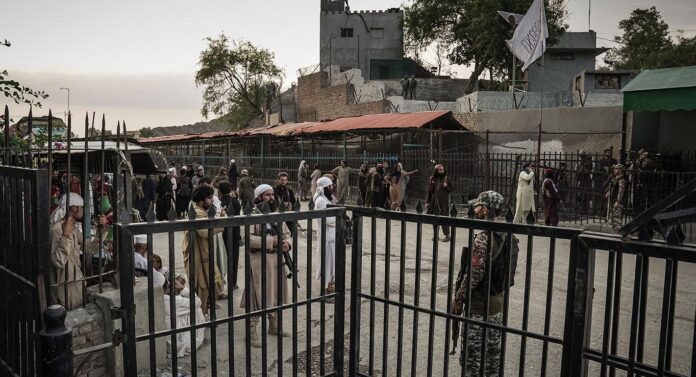Author: Aqil Shah
Affiliation: University of Oklahoma, Carnegie Endowment for International Peace (visiting scholar)
Organization /Publisher: Carnegie Endowment for International Peace
Date/Place: September, 30 2021/USA
Type of Literature: Article
Word Count: 1897
Keywords: Moderate Taliban Strategy, Al Qaeda, Tehrik-e-Taliban Pakistan, Terrorist, Pakistan
Brief:
This analysis questions Pakistan’s “Moderate Taliban Strategy” of restraining egregiousness of Taliban rule. The author argues that the newness of the Taliban is contradicting because they have violated the promises with the international community. The author claims that the creation of an inclusive government is incompatible with a centralized leadership with religious and political authority held by an appointed amir al-mu’minin (commander of the faithful). The interim government comprises hardliners, political and military leaders, and individuals on various blacklists of international terrorists. The Acting Prime Minister Mullah Hasan Akhund is on a UN sanctions list, and Sirajuddin Haqqani—a globally designated terrorist and the head of the infamous Haqqani faction of the Taliban—is appointed to head the Ministry of Interior. Some media has reported civilian executions by the Taliban in the Panjshir Valley, the center of anti-Taliban resistance, including the execution of resistance leader and former vice president Amrullah Saleh’s brother. The relationship with the Islamic State in the Khorasan (ISIS-K) is confrontational, which is complicated by the Taliban’s long-standing ties to Al-Qaeda. The US intelligence assesses that the Taliban will not ditch Al-Qaeda or its other “jihadist” allies—no matter what the US wants it to do. The Pakistani civil and military leadership has repeatedly urged the international community to engage with the Taliban government and unfreeze Afghanistan’s foreign exchange reserves to incentivize better behavior by the Taliban. The Taliban’s capture of Kabul has encouraged the Pashtun militant group Tehrik-e-Taliban Pakistan (TTP). However, Pakistani officials have enlisted the Taliban’s help to negotiate a peace deal and offered amnesty to disarm their fighters and accept the Pakistani constitution as the supreme law of the land—an offer the TTP has prior rejected. The author concludes that Pakistan’s moderate Taliban narrative is unlikely to stick because the Taliban is not interested in power-sharing or protecting human rights. It will most likely continue to rule in the only way it knows how: repression.
By: Razia Wadood, CIGA Senior Research Associate




